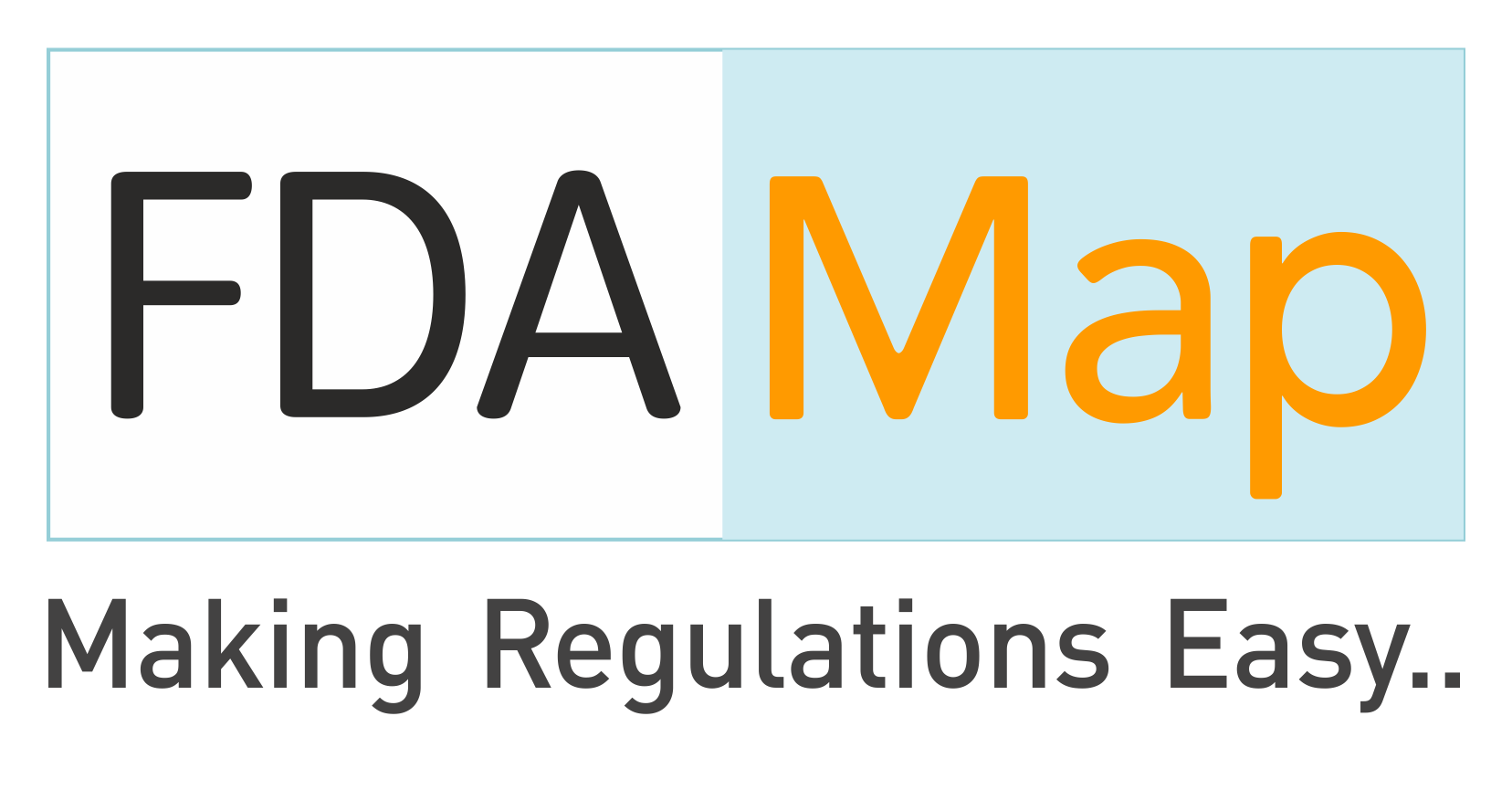Bringing a medical product from concept to market is a complex journey, with each step subject to stringent regulatory oversight. Whether it’s ensuring compliance with the U.S. Food and Drug Administration (FDA) or meeting international guidelines, the stakes are high—and so are the risks of missteps. FDAMap’s Regulatory Consulting and Compliance services aim to simplify this journey by providing end-to-end support for organizations looking to navigate the intricate web of rules and expectations. Below, we explore how this offering sets sponsors on a smoother path toward achieving regulatory success.

1. The Critical Importance of Regulatory Clarity
In an industry defined by scientific innovation, regulatory clarity is often the difference between a swift approval and a never-ending series of questions, hold letters, and rejections. Misinterpretations of FDA guidelines can lead to avoidable delays, lost revenue, and even halted programs.
FDAMap’s team helps sponsors develop a crystal-clear understanding of what regulators expect at each stage of the product lifecycle. This includes guidance on preclinical requirements, Investigational New Drug (IND) applications, and eventual marketing submissions. By systematically interpreting the guidelines and matching them to a sponsor’s specific product profile, FDAMap ensures that each regulatory milestone is approached with confidence.
2. Customized Roadmaps for Every Sponsor
No two products are identical, and the same holds true for regulatory strategies. A generic approach that worked for a small molecule therapy may not be effective for a biologic, and devices have their own specialized pathways. Recognizing this diversity, FDAMap’s Regulatory Consulting starts by conducting a deep-dive analysis into the sponsor’s unique science, target populations, and commercial goals.
From this foundation, a tailored roadmap emerges. This could involve identifying the most appropriate regulatory pathway, planning efficient bridging studies, or advising on fast-track or orphan drug designations. The advantage of such customization is efficiency; sponsors avoid spending unnecessary time and resources on processes that do not align with their therapeutic area or product type. Instead, they can invest in the critical studies and documentation that directly support regulatory approval.
3. Beyond Paperwork: Shaping Effective Compliance Cultures
Many sponsors think of compliance solely in terms of documentation—ensuring that forms are filled out, study reports are aligned with regulations, and data is meticulously recorded. While these aspects are non-negotiable, FDAMap takes compliance a step further by fostering an organizational culture that values proactive risk management.
This starts with training key personnel on the latest regulatory developments, good clinical practice (GCP) requirements, and best practices for standard operating procedures (SOPs). Rather than viewing compliance as an administrative hurdle, FDAMap encourages sponsors to adopt it as a core value—one that underpins ethical research, patient safety, and transparent operations. Over time, this cultural shift reduces the likelihood of non-compliance and paves the way for smoother audits.
4. Pre-Submission Preparation: Clearing the Path for Approvals
One of the greatest challenges in interacting with regulators is anticipating the questions they might ask. FDAMap helps sponsors conduct thorough gap analyses, which identify potential weak points in the data package or overall development strategy. From there, corrective actions are recommended to fill those gaps—be it additional toxicity studies, bridging data from global trials, or real-world evidence to support labeling claims.
By resolving these issues pre-submission, sponsors can expedite the official review process and minimize back-and-forth communications with the FDA or other regulatory bodies. This doesn’t just accelerate time-to-market; it also fosters a positive working relationship with regulators, who appreciate comprehensive, well-organized submissions.
5. Strategizing for Global Regulatory Landscapes
As pharmaceutical and biotech markets become increasingly global, sponsors often must navigate multiple regulatory regimes simultaneously—FDA in the United States, the European Medicines Agency (EMA) in Europe, and others worldwide. FDAMap’s regulatory consulting services extend to international harmonization, helping sponsors adapt their clinical data and compliance measures to meet diverse requirements.
Such guidance can save sponsors from the costly mistake of treating each region as an isolated case. Instead, FDAMap encourages leveraging data and protocols across borders whenever feasible, ensuring alignment with the International Council for Harmonisation (ICH) guidelines and other global standards. The outcome is a streamlined global rollout strategy that reduces duplicative efforts and accelerates commercial availability.
6. Adaptive Strategies for Evolving Regulations
Regulatory environments are far from static. As new technologies, therapies, and study designs emerge, agencies like the FDA and EMA update guidelines accordingly. FDAMap stays abreast of these shifts and works proactively with sponsors to align ongoing studies and submissions to newly released guidance. This forward-thinking approach is critical in fields such as personalized medicine and gene therapy, where regulations can evolve rapidly.
By remaining nimble and up-to-date, sponsors can avoid the frustration of having to significantly modify study protocols or re-submit data when new guidelines come into play mid-project. Instead, FDAMap ensures that compliance strategies are designed with enough flexibility to accommodate regulatory evolution.
7. Post-Approval Compliance and Lifecycle Management
Approval is not the end of the journey. Post-marketing commitments, pharmacovigilance obligations, and periodic reporting requirements all demand ongoing vigilance. FDAMap’s consulting services include post-approval support to ensure that sponsors continue to meet regulatory obligations. This might involve setting up robust safety monitoring systems, managing product labeling updates, or preparing for routine audits and inspections.
Such lifecycle management is crucial for sponsors seeking to maintain a product’s market presence. Even minor non-compliances can result in warning letters or product recalls, so a structured post-approval compliance plan is integral for both patient safety and commercial success.
Conclusion
FDAMap’s Regulatory Consulting and Compliance services offer a comprehensive approach to navigating the often-daunting maze of regional and global requirements. By combining deep regulatory expertise with a commitment to building a strong compliance culture, FDAMap enables sponsors to approach each milestone—be it an IND filing, a global Phase III trial, or a marketing authorization submission—with confidence and clarity.
Rather than viewing compliance as a cumbersome box-ticking exercise, FDAMap reframes it as an essential pillar of clinical and commercial success. From custom roadmaps and proactive gap analyses to post-approval support, their services ensure that every stakeholder in the drug development process is aligned, informed, and empowered to meet the highest regulatory standards. For sponsors looking to gain a competitive edge in a fast-evolving industry, FDAMap’s consulting framework represents both a robust safety net and a strategic accelerant toward market approval.
